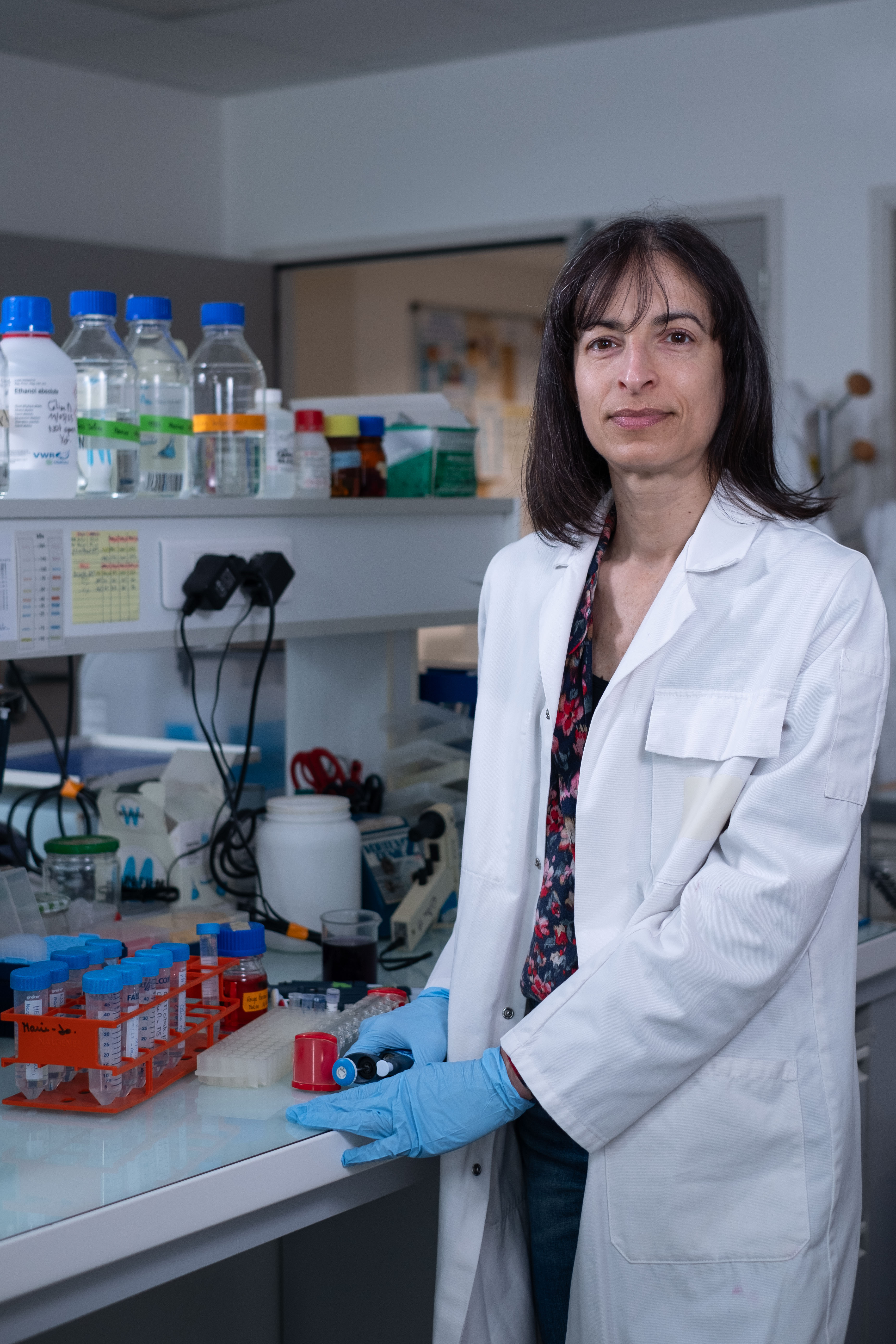ANR PRC DYNAVEX : Céline Marionneau (2024-2028)
The voltage-gated Na+ channel Nav1.5 is essential for normal cardiac excitability, as evidenced by the strong link between channel dysfunction and life-threatening arrhythmias. Yet, many molecular aspects of this channel regulation remain poorly understood. In particular, Nav1.5 is tightly regulated within macromolecular protein complexes and local signaling domains that control channel expression, function and post-translational modifications (PTMs). However, while previous studies have suggested roles for numerous interacting proteins in regulating Nav1.5, the native interactome of cardiac Nav1.5 channels, the detailed sites of interaction of these proteins with the channel, and how this interactome is altered in response to the various physiological and pathophysiological circumstances remain largely unknown.
The present project is aimed at delineating the molecular dynamics of cardiac NaV1.5 channel protein complexes in physiological and pathophysiological excitability. The proposal comprises three work packages. We will (WP1) identify by proteomics the native cardiac Nav1.5 channel interactome; (WP2) delineate the binding domains and functional roles of newly-identified Nav1.5 interacting proteins, which will help understand the functional impacts of Nav1.5 genetic variants and PTMs located in these domains; and, (WP3) investigate the dynamics of channel complex composition in two pathophysiological conditions associated with an increased arrhythmogenic late Na+ current: (1) acute versus sustained β-adrenergic stimulations, and (2) Phosphoinositide 3-Kinase (PI3K)-associated anti-cancer drug-induced long QT syndrome.
In addition to providing new insights into the comprehension of cardiac Nav1.5 channel physiology, the proposed research will provide an exhaustive framework for interpreting channelopathies that remained mechanistically unexplained and will give a clearer view on how PTMs dynamically influence channel interactome and function.
The present project is aimed at delineating the molecular dynamics of cardiac NaV1.5 channel protein complexes in physiological and pathophysiological excitability. The proposal comprises three work packages. We will (WP1) identify by proteomics the native cardiac Nav1.5 channel interactome; (WP2) delineate the binding domains and functional roles of newly-identified Nav1.5 interacting proteins, which will help understand the functional impacts of Nav1.5 genetic variants and PTMs located in these domains; and, (WP3) investigate the dynamics of channel complex composition in two pathophysiological conditions associated with an increased arrhythmogenic late Na+ current: (1) acute versus sustained β-adrenergic stimulations, and (2) Phosphoinositide 3-Kinase (PI3K)-associated anti-cancer drug-induced long QT syndrome.
In addition to providing new insights into the comprehension of cardiac Nav1.5 channel physiology, the proposed research will provide an exhaustive framework for interpreting channelopathies that remained mechanistically unexplained and will give a clearer view on how PTMs dynamically influence channel interactome and function.


Mis à jour le 30 août 2024.





